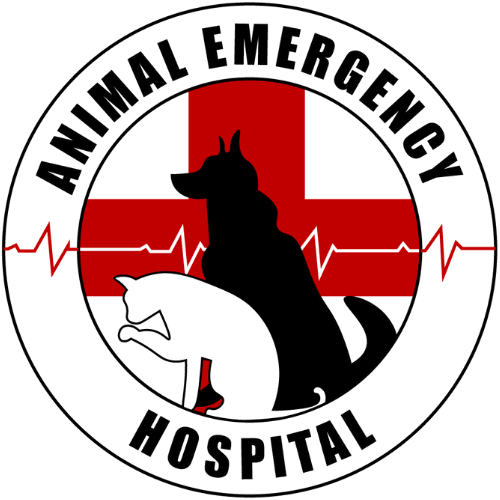Understanding Senior Pet Care
As responsible pet owners, it is imperative that we comprehend the intricacies of the aging process in our beloved animal companions. Being aware of when our pets reach their senior years enables us to provide them with the appropriate care and support needed as they gracefully grow older. It’s important to acknowledge that the aging trajectory varies among pets, influenced by factors such as species, breed, and size. Generally, dogs and cats enter their senior years at approximately 7 to 10 years old. However, it’s worth noting that larger dog breeds may age more rapidly, often qualifying as seniors as early as 5 to 6 years old. It’s crucial to remember that each animal is unique, with some aging more slowly or quickly than their counterparts.
As our pets advance in age, their requirements for care also evolve. Senior pets may develop health issues like arthritis, kidney disease, or dental problems. Regular veterinary check-ups play a pivotal role in identifying and addressing these concerns at an early stage. Your veterinarian can provide guidance on appropriate nutrition and exercise regimens to ensure your pet remains healthy and active throughout their senior years. Additionally, senior pets may find comfort in special measures such as orthopedic beds or ramps, particularly if they encounter mobility challenges.
For many pet owners, the realization that their furry friend has transitioned into their senior years often comes when age-related changes become evident. These changes may manifest as a decrease in energy or mobility, alterations in behavior, or shifts in appetite and weight. However, it is imperative to seek veterinary care proactively, even before these changes become apparent. Regular check-ups and preventive care are essential elements in maintaining your pet’s health and identifying potential issues before they become serious.
If you haven’t done so already, now is the perfect time to schedule a check-up with your veterinarian to discuss your pet’s health and how to support them as they age. Your veterinarian possesses the expertise to provide insights into what to expect as your pet advances in years and how to tailor their care accordingly. Early detection and intervention can substantially contribute to ensuring a longer and healthier life for your cherished senior pet.


